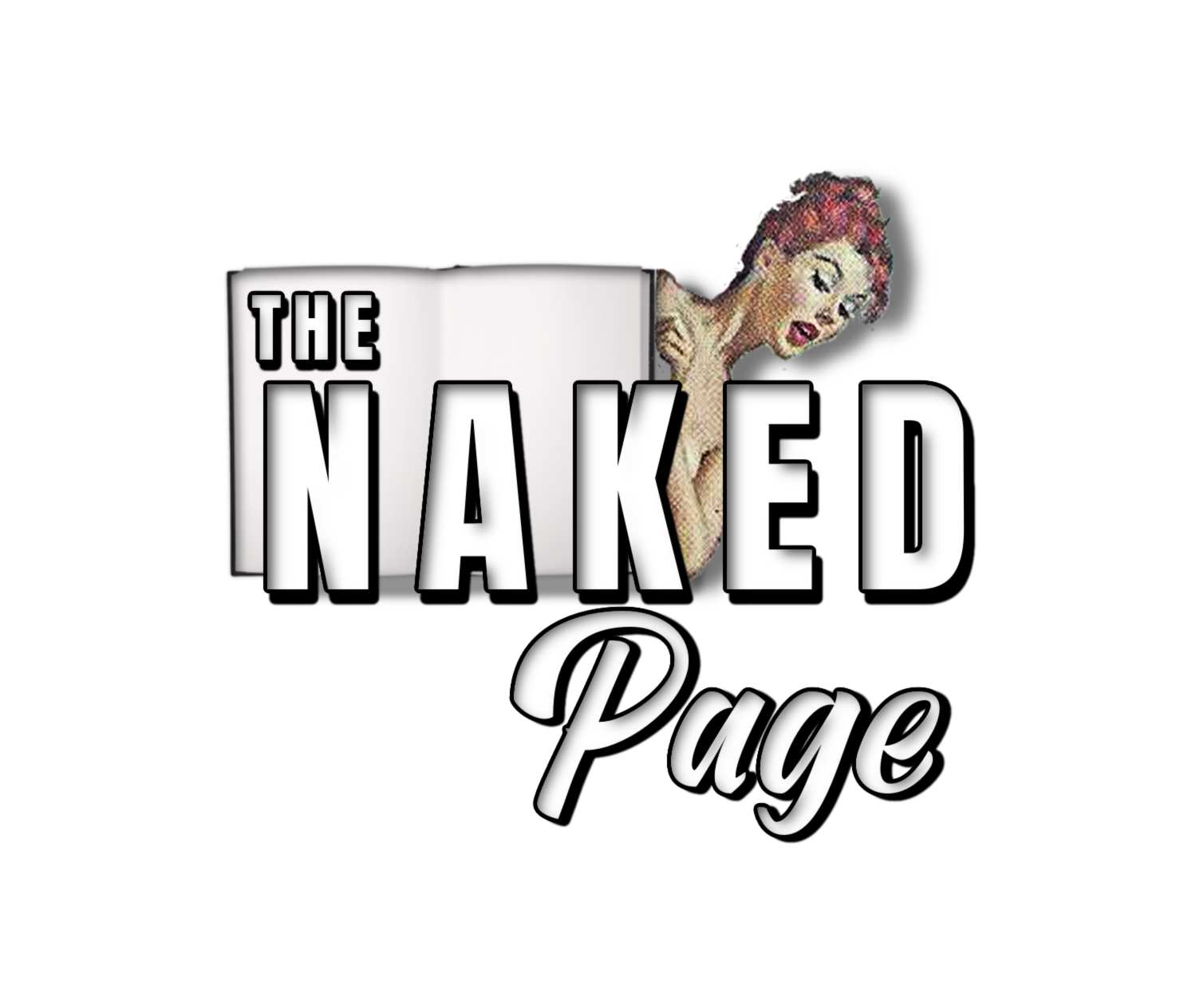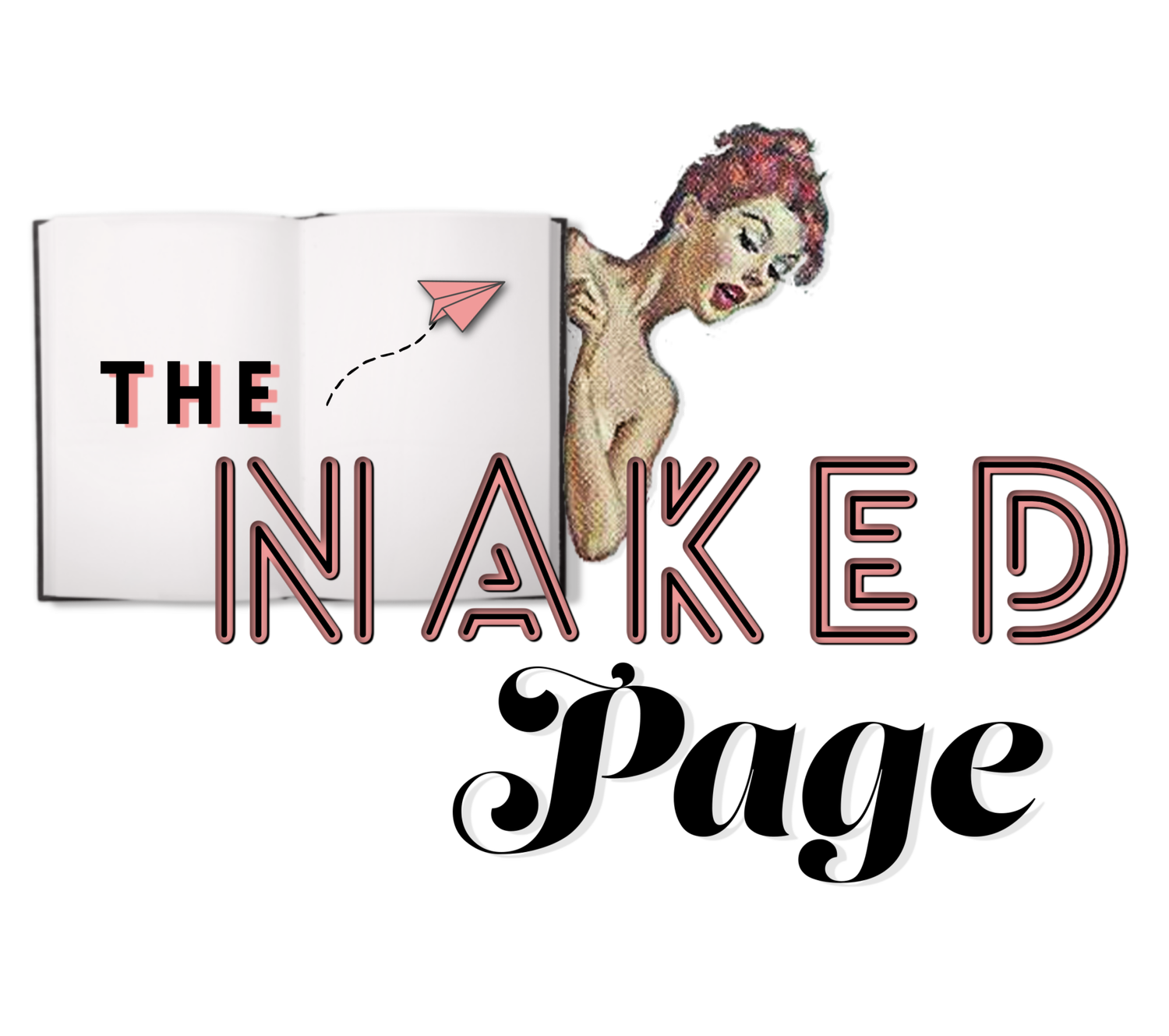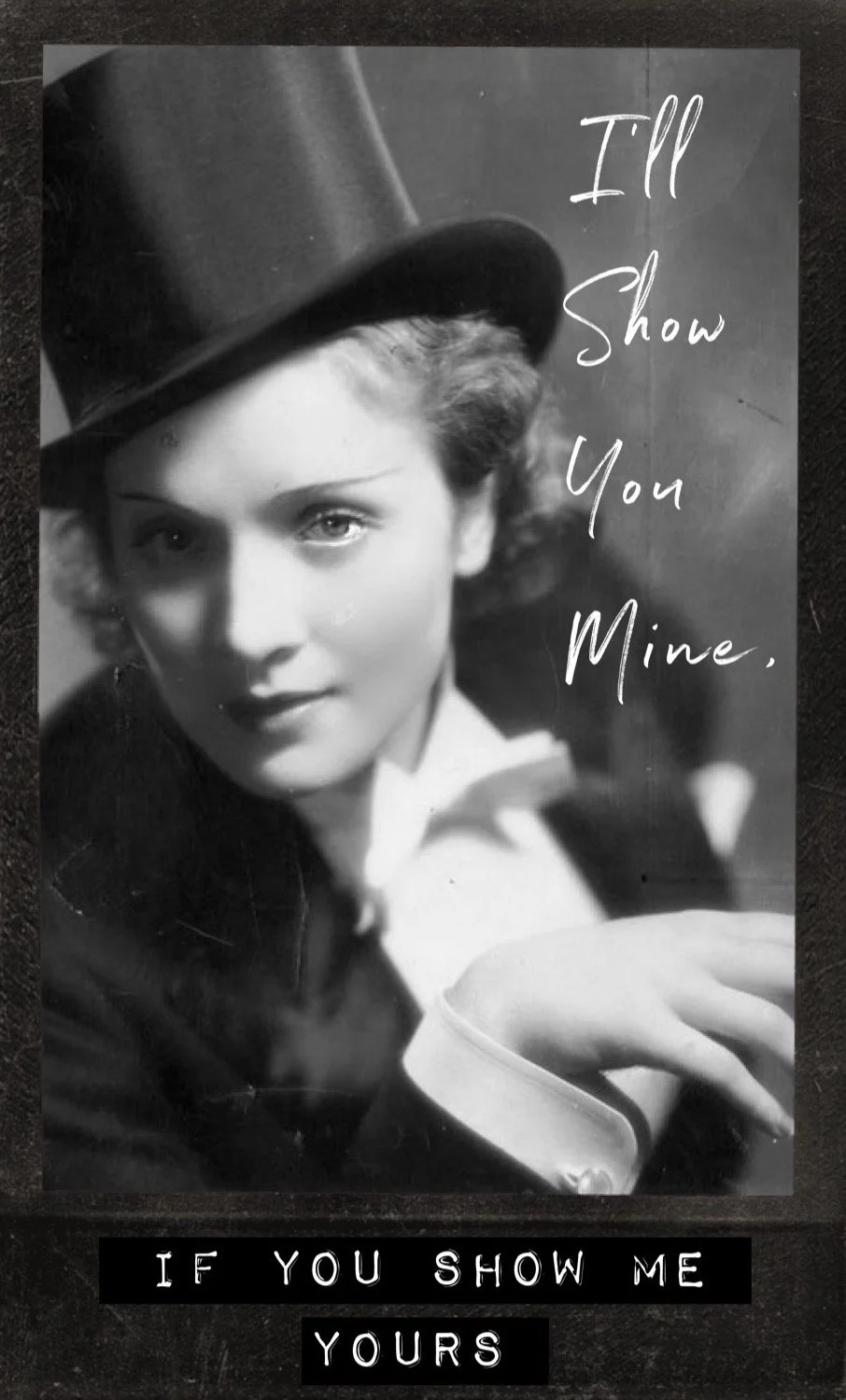Show Me Your Process
I noticed a typo in last week’s newsletter. GASP!
If you’ve read Grammar Police, You’re Under Arrest, you get it. I’m a one-woman show. I don’t have teams of editors and neither do you. Mistakes happen. No need to apologize for a tiny mishap.
My intense brain fog thanks to my autoimmune issues only allowed me to read in chunks. Not my usual style. But once I’d written the newsletter, I was under the gun and out of time to produce multiple edits.
Typo, smypo. Who cares, right?
The reason I even bring this up is not because of the mistake, it’s because my process changed. Now process is a subject I can sink my teeth into! It’s pretty much the most interesting topic on the planet. It’s why we get sucked into watching those meditative videos of people icing cakes or making candles.
Hey creative writers, don’t deny it! You either have a writing process or you’re desperately searching for one. We all want a method that makes our writing feel like butta. But developing that kind of process isn’t as easily as it looks.
“Process can be creative and practical. But it must be developed. ”
Identifying your own process is a major undertaking.
Some writers act like theirs was etched into stone by the gods and is so sacred nobody gets to see it. Others pretend like it doesn’t exist at all. Like writing just happens in furious bursts of unexplainable creativity.
That’s crap! Process can be creative and practical. But it must be developed.
And if a writer isn’t talking about their process, it’s because it scares them.
But the scary stuff is exactly what I want you to dig into. If you start to develop your process, you’ll more easily get through the hard stuff and come out the other side transformed.
There’s no one process that’ll fit every writer’s needs. But highlighting how you use unique tools and strategies may help emerging authors find a better way into their writing, too. So, don’t Bogart your art, man.
Let’s take a closer look under each other’s hoods. We need to inspire one another with writing processes that work.
On Saturday, I attended Jake Friedman’s Poetics of Spreadsheet class. Yep, it was a class on creating poetry using spreadsheets. Ever heard of such a thing? Me, neither. That’s why I had to attend.
The class was all about process. In fact, one of the participants had a lightbulb moment on how he could teach his literary students to identify their use of tropes through spreadsheets. Fascinating!
The idea of putting process above creativity is hardly revolutionary. Think haiku. Or Shakespeare’s iambic pentameter. These styles of writing make the form superior to the content.
Or do they, my dear Watson?
“Think form + function.”
I’d say the real artist is someone, like Shakespeare, who can stick to a specific form and also create wildly poetic lines of verse. Think form + function. Other kinds of artists do this all the time. Go watch Eames: the architect and the painter if you don’t believe me.
“Maybe creativity needs containment. ”
Then again, perhaps having limitations enacted on the written word is what helps us produce better content in the first place.
Maybe creativity needs containment.
So, what’s your approach to process? Do you write and edit the same way each time? Do small changes to your process throw you off? Or do you just go where your writing takes you?
I’ll show you mine, if you’ll show me yours.
My Writing Process
Okay, so I carry on about how much I dislike NaNoWriMo. But yes, NaNoWriMo is where I learned to crank out content without stopping to edit. I believe it’s a great system for teaching newbie writers how to get words on a page.
For my blog posts, I’ll have about six open documents at one time. Each one has anywhere from 500-3,000 words written and a picture attached.
This isn’t that different from how I work on my other creative projects. I currently have three memoirs in some phase of the writing process. I also have an erotica series, a one-act play, a sci-fi short story, and a rework of my birth story, as well as various practical guides and workbooks for my two websites.
That may sound like total chaos, but it’ll all get done.
Every single item works within my system. I just don’t neglect new ideas when they pop up. I scribble down whatever comes to mind as I take a break from another project. Dumping out material into a document means it’ll simmer until I get around to tediously editing it in the future.
Does it take me forever to push stuff out? Of course. But it’s how my brain works.
First Things First
Titles happen first.
If I get some blazing, amazing idea for a title, I’ll capture it in my iNotes. The bigger ideas get batted around in my head, but I have to write titles down immediately. Why? Because titles are well-shaped concepts in need of details.
So, first comes my title epiphany. Then my head starts pulling together ideas and examples. I consider odd connections and strange illustrations that normally don’t go together. I’ll usually kick off a piece with some real-life experience and use it to illustrate a writing concept.
For longer works like memoir, I gather together the key points and also decide how I want my story to end. I don’t write in giant blocks of text initially. My early note taking looks more like a grocery list.
On the second round of writing, I dump out as much content as I can think of. I link one idea to the next. But I stop when I get stuck.
I don’t write every day. And I don’t push myself to write beyond what I’m feeling. Sure, this goes against everything you’re taught on how to be a regular writer, but I always have more than enough content. If I’m ever late with a blog post, it’s because life got in the way, not because I’m lacking ideas.
What is a First Draft?
I don’t feel like I’ve ever had a first draft, nor do I understand this concept.
I’ll refer to first drafts/rough drafts because that’s the universal title for initial writing. But there’s never been a time when I’ve written an entire draft start to finish. When I wrote my memoir, I’d go back to the beginning and revise repeatedly before I wrote any of the last 1/3 of the story, even though I knew the ending.
I had an art teacher in college who used to say work the entire painting.
Every time I start writing, I hear his voice. Then I boldly ignore his advice and attempt to write sequentially.
I will start at the beginning and continuously try to perfect it. But I’ll eventually reach some level of futility and move onto another section of the story. With the rough outline of an ordered list, this works fine for me. I know where I need to go. So the work is really in the getting there. I also see vignettes within the bigger story that can be pulled out and worked on as stand-alone pieces.
Writing vs. Editing
I don’t think writing and editing can be separated. It’s one long experience. Even though we convince ourselves we aren’t editing in the early phases of that brain dump, we’re still making choices about what we write. Those choices are a kind of editing.
I believe the reason writers abhor editing is they falsely think it’s a different process from writing. Like one’s a creative endeavor and the other one’s technical hell. Don’t believe this lie. The minute you put words on a page, you’re editing. You’re choosing that sentence over another one. You’ve deleted words in your head and added new ones.
All writing is editing. And all editing is wildly creative.
Ending It
I know I’m finished when I start to overwork a piece. It’s that simple. If I change things and change them back again, that’s a bad sign. It means I’m done. So, I stop.
Editing Process
Tackling someone else’s work deserves a more streamlined approach. The goal is on both the person writing and their work, so I’ll need to understand both.
Questions
When any person asks me to do any editing, my first question is always, “when do you need this completed?”
The reason: if I don’t have time to execute a full edit, I’m not going to start.
The time limit sets up parameters. I love the deadline. I’ve got to boogey, on the disco…🎵
The next thing I need to know is what the writer is looking to get out of the editing process. Editors must communicate with their writers. Ask questions. Red-marking a manuscript is so impersonal. But editing should be intimate. It’s time-consuming. It’s meaty.
So, I always ask, “what is your goal for this piece of writing?”
Your Story on My Mind
Lots of editors charge by the hour, some by the word count, and others by the number of pages.
BASTA, I say! Okay, I’m not Italian, so ENOUGH covers it. But I don’t get this kind of pricing.
From the minute you hand me your piece of writing, until the bitter end before you submit it to someone important, that story is on my mind. It’ll keep me up at night. It’ll yell at me during dinner. This is a terrible sickness that requires me to charge serious money for editing.
I am a writing coach, a developmental editor, a line editor, and often a copyeditor (and let’s not forget therapist) all rolled into one. But never, never will I ever proofread. You’re paying me to think and reformulate ideas. I will not be held responsible for overlooking minor indiscretions. In other words, when I’ve spent this kind of time on a piece of writing, somebody else’s eyeballs need to check for inaccuracies and finalize it. It’s the smart thing to do.
What does all this mean?
It means I’ll need to know your big goals for this masterpiece.
It means I’ll need to know about your anxieties with the writing process.
It means I need to know how you best deal with criticism and praise.
Because a gigantic part of the process is making sure you don’t want to off your manuscript or yourself after writing it. I’m not being overly dramatic here. My site is called The Naked Page for a reason. You’re going to be so damn vulnerable when you start to hand over your writing, you’ll need some protection.
That’s why your first line of defense should be a writing coach who:
Understands the kind of feedback you need to make your story better
Knows how to give you that feedback in a way that doesn’t make you feel like a failure or a jackass.
“It’s Not Personal”
Big jerks always say this!
Sure, it’s not personal to them—the person with all the power to reject you. But if you get fired or people chew up your work and spit it out, it feels beyond personal.
Rather than tell you to grow a backbone, I believe writers should be fully instructed on each phase of the editing process. That’s why along with editing, I take on a coaching role to guide writers through editing. You’ve got plenty of time to encounter evil editors along your writing journey, and that doesn’t have to start with me.
So, you come to me with a personal essay or a short business eBook idea that has mass potential. I’m going to advocate that you submit it to a magazine, or you consider going to a top agent. You can describe your feelings about writing the piece in your blog, but an edgy out-of-your-comfort-zone piece of writing deserves recognition in big places. Or it could be the catalyst for a bigger, more personal book.
If I sound pushy at first, it’s because I don’t want you to diminish your writing. I want you to get prepared for seeing your work out in the world. If you’re dead set against this, then I’ll pull back. But I want you to start at the top.
You’ll give me your writing and I’ll read it over. First, I’ll be looking for the bigger themes. What’s the point? Do you have a central message? Do you stick to it? Do you ramble off on other topics? Do you not go deep enough into your concepts? Do you know your audience?
Here’s where I’m going to suggest you use my Working Title Formula™—more on that when my new eBook is out. But briefly, the Working Title Formula helps you build a framework for your ideas. It’ll give you a good foundation.
I’ll ask more questions.
I’ll list things for you to think about.
I’ll give you time to sit with my notes.
This is where you might come unraveled. That’s okay. That’s part of the process. Take as long as you need. And realize that not everything I’m making note of is a criticism of your work. Much of it is an interest in your story and a need to find out more. But if you need to fall apart first, no problem. It’s not uncommon. And when you come back to me, you’ll be stronger. And more ready to tell your story.
At this point, I’ll look at your manuscript through a microscope. I’ll start to investigate your voice. I’ll make sure there’s continuity throughout your writing. Are you sticking to the topic you chose? Does it read clearly? Are the points concise? Can you start to chop extraneous stuff like prepositional phrases or unneeded paragraphs? How can we tighten this thing up and heighten the sense of tension for the audience?
We’ll go back and forth in notes and conversation until your writing is a well-crafted narrative that will inspire others.
So, where do you struggle the most with developing your writing or editing process? Where do you need the most support in the process?


